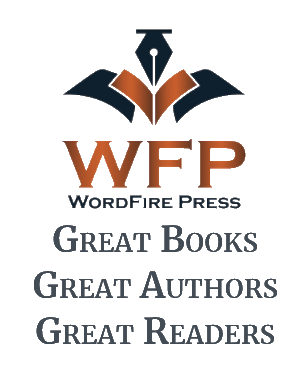Heroes of Our Own Story
From Lisa Mangum, Editor of One Horn to Rule them All and A Game of Horns, and Editor at Shadow Mountain
“Hamlet … in love … with the old man’s daughter . . . the old man thinks.” One of the best lines that isn’t in Shakespeare’s play. It’s from Rosencrantz and Guildenstern Are Dead by Tom Stoppard. It’s Hamlet, of course—but from the point of view of two the less important characters in the play. In Stoppard’s play, Rosencrantz and Guildenstern do the scenes from Hamlet as they are written, but when they aren’t needed on stage, they are off having their own story and dealing with their own drama. It’s a brilliant play, and I’ve never watched or read Hamlet the same way since because whenever Rosencrantz and Guildenstern exit the stage, I can’t help but smile to myself and think, I know what’s really going on backstage.
 It brings up some good questions about my writing: Are my side characters the heroes of their own story? Do I know what my characters are doing when they are not “on stage”? Do my characters know what is going on?
It brings up some good questions about my writing: Are my side characters the heroes of their own story? Do I know what my characters are doing when they are not “on stage”? Do my characters know what is going on?
I also try to remember that we all see the world through our own eyes. Maybe that seems obvious, but what I mean is that how I see the world might be different from how you see the world. And though we might have a shared past, we might not have the shared the same past. What happened to me—and the way I remember it—might be different from how someone else remembers those same events.
So when I write, I ask myself: Are my characters loyal to their own unique view of reality? Are they willing to change their point of view and try to understand someone’s else reality? Are they acting like the heroes of their own story?
Important questions, I think. And finding the answers to those questions can be interesting—and a little surprising. So in your writing, don’t be afraid to go behind the curtain and see what is really going on backstage.
Lisa Mangum
